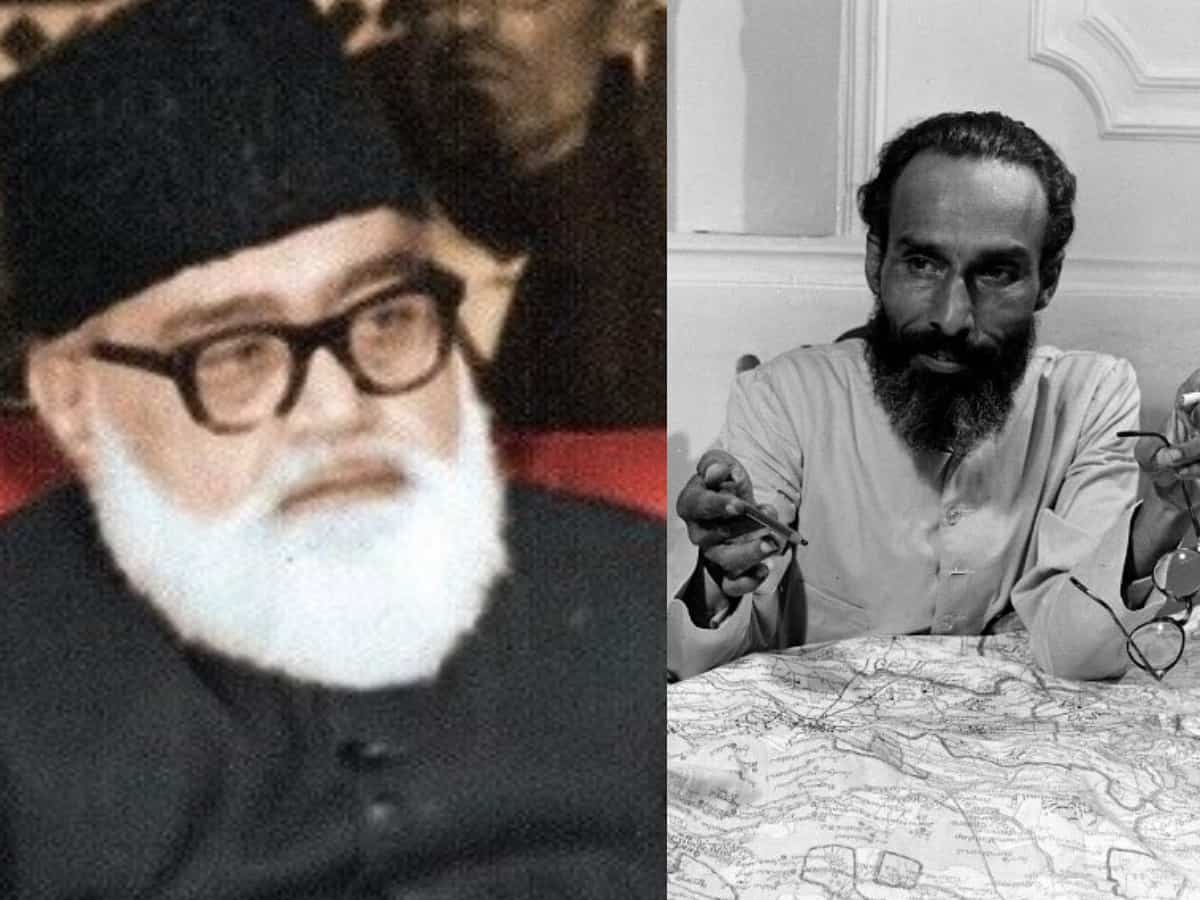
The cacophony of political upheaval, the fervour of independence, religious zealotry and the lust for clinging on to power tend to blindside people. All of this was happening in Hyderabad in the late 1940s. In such times, it was Maulana Abul Ala Maududi’s words which were ignored.
The Hyderabadi historian Omar Khalidi in his paper Maulana Mawdudi and Hyderabad, published in Islamic Studies, a journal, has translated and reproduced a Maulana Maududi’s letter to Qasim Razvi dated December 25, 1947. It stands as his concern for the people of Hyderabad. As the Indian Union sought to integrate Hyderabad State, Maududi’s words serve as an enduring testament to the intricacies of that tumultuous period.
Maududi, a man who had lived in Hyderabad for a significant portion of his life, considered, in his letter, a moral obligation to forewarn the Muslims of Hyderabad, Razvi and the then ruling Nizam, Mir Osman Ali Khan the Nizam, about the impending merger. His words were not mere musings; they carried the weight of conviction and compassion. He urged Razvi and the Mir Osman Ali Khan to “dispassionately consider my submissions and not summarily dismiss them.”
Drawing parallels with the plight of Muslims in Western Uttar Pradesh, Bihar, and Central India, Maududi foresaw a grim future, perhaps a bleaker fate, if Hyderabad resisted integration.
Maududi’s keen understanding of the power dynamics was evident as he recognized the overwhelming might of the Indian Army. The Hyderabadi army, in his eyes, stood no chance against this formidable force. The realisation that Hyderabad was now encircled by a predominantly Hindu populated Indian Union left him in no doubt that the existence of a Muslim state within its boundaries would not be tolerated.
In the letter, Maulana Maududi implored Razvi to seize the opportunity presented by the Standstill Agreement between Lord Mountbatten and the Nizam. He recognized that the integration of Hyderabad seemed inevitable, and his prophetic words, “this will happen for sure,” are certain to ring in one’s ears for a long time to come.
Maulana Maududi batted for negotiations with the Indian Union and suggested scenarios and outcomes which would benefit the Muslims. Some of these included negotiating for Muslims running their own religious institutions, which later became a reality under Article 30 of the Indian Constitution. The others include seeking concessions to administer wakf institutions and also imparting religious instruction to Muslims students in government schools, but at the expenses of the community. He also suggested that negotiating for proportional representation in legislatures was possible.
Khalidi points out that it is not clear whether Razvi ever responded to Maulana Maududi’s pleading, as there is no evidence to suggest that he ever did.
But given that we know how the historic events unfolded in the form of Operation Polo, he may have consigned Maulana Maududi’s argument to save lives of Muslims of Hyderabad to the dustbin. As a result, according to the Pandit Sunderlal Committee report, between 27,000 and 40,000 Muslims were killed in the aftermath of Operation Polo.



